Collective Bargaining Group


How teacher collective bargaining affects students’ employment and earnings later in life
Why Collective Bargaining Rights Are Important By Chris Langford. What is collective bargaining and why is it so important? Or better yet, why should you care?
Collective bargaining is a process of negotiation between employers and a group of employees aimed at agreements to regulate working salaries, working conditions, benefits, and other aspects of workers’ compensation and rights for workers.
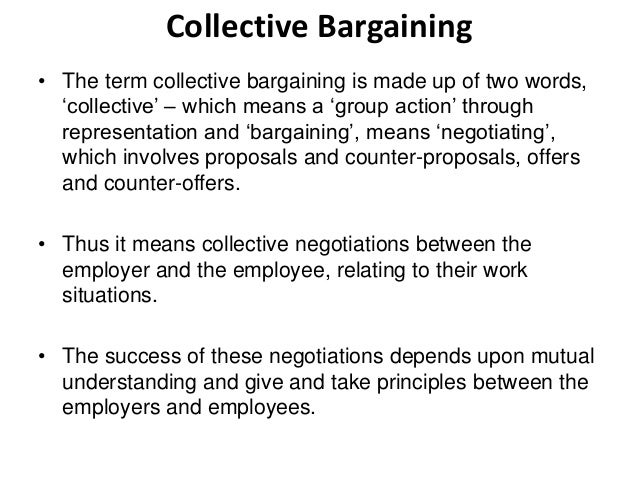

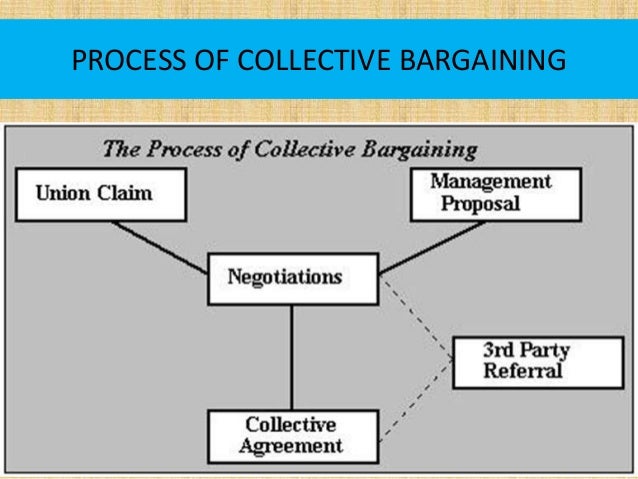
These example sentences are selected automatically from various online news sources to reflect current usage of the word ‘collective bargaining.’ Views expressed in the examples do not represent the opinion of Merriam-Webster or its editors. Send us feedback. : talks between an employer and the
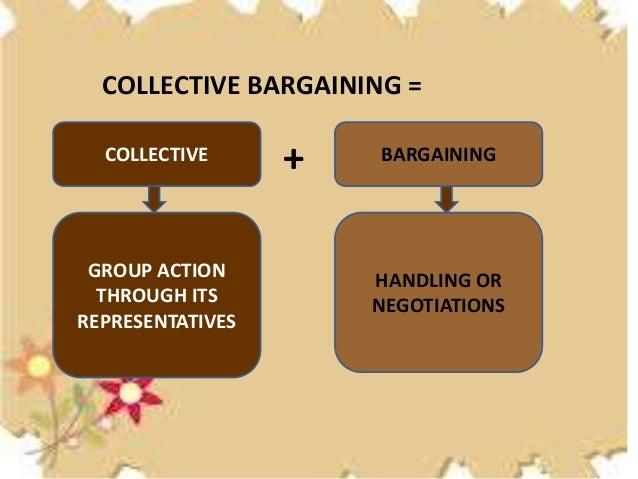
Conclusion. The erosion of collective bargaining has undercut wages and benefits not only for union members, but for nonunion workers as well. This has been a major cause of middle-class income stagnation and rising inequality.
Collective bargaining is the formal process of negotiation between an employer and a group of employees—often with their union representative—that sets the terms and conditions of work.
Collective bargaining rights and the right to organize have been under corporate assault for three decades. CWA’s program to create good jobs is rooted in support for collective bargaining and the right to organize.
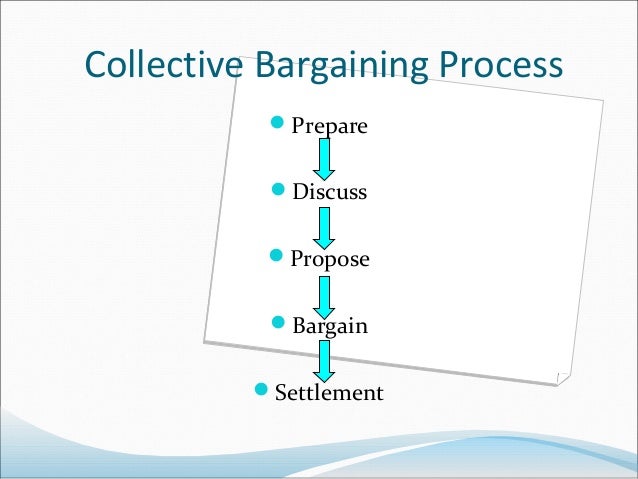
Collective bargaining definition, the process by which wages, hours, rules, and working conditions are negotiated and agreed upon by a union with an employer for all the employees collectively whom it represents.

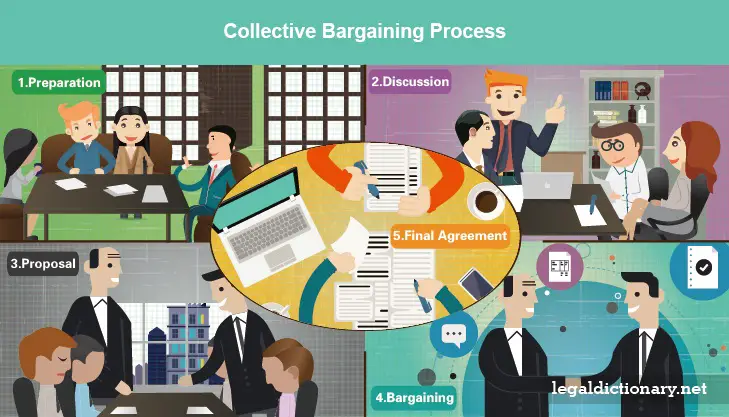
The following is a list of collective bargaining agreements (or Schedule A’s) from the San Francisco Public Utilities Commission’s signatory unions to the Project Labor Agreement (PLA).
